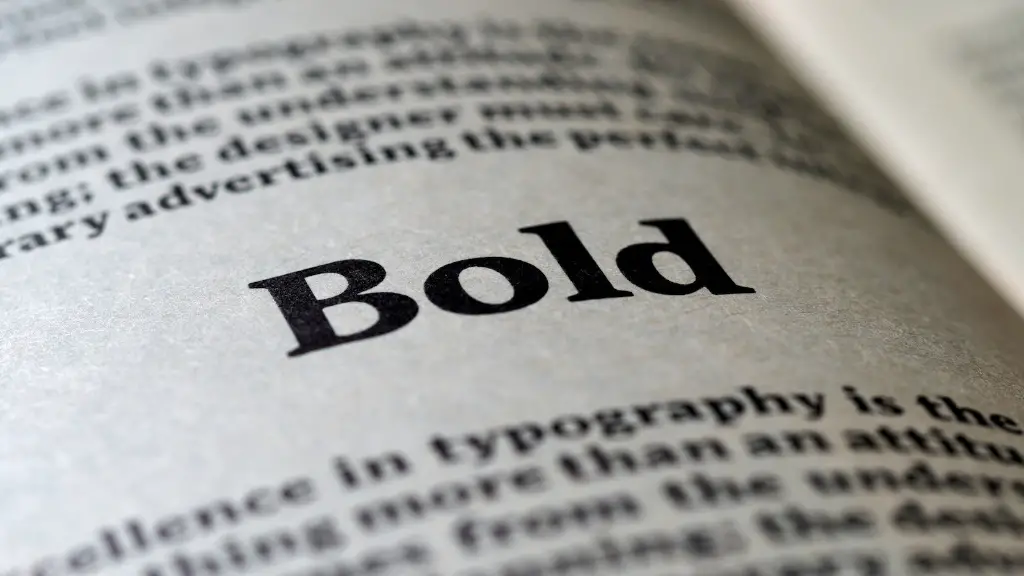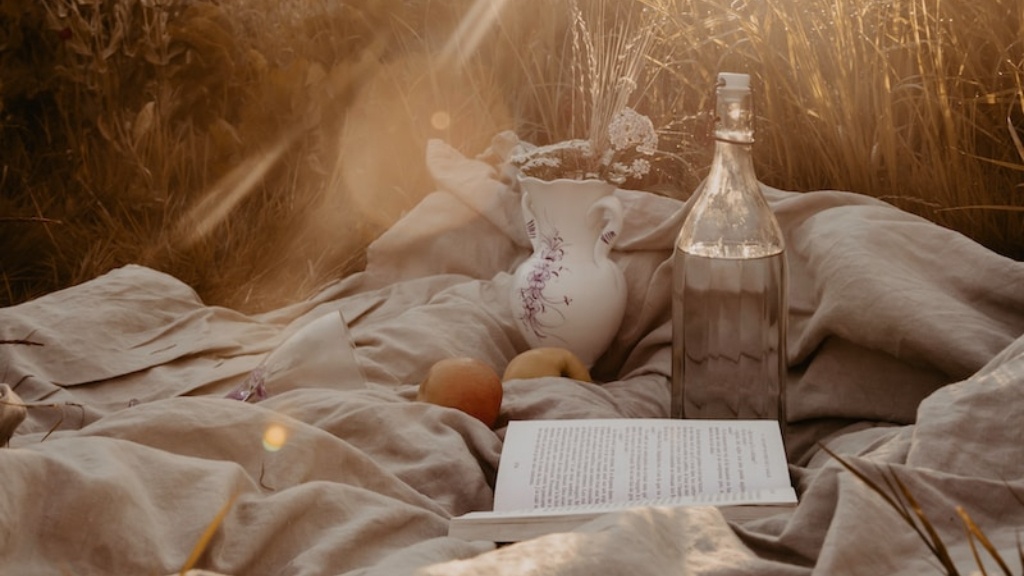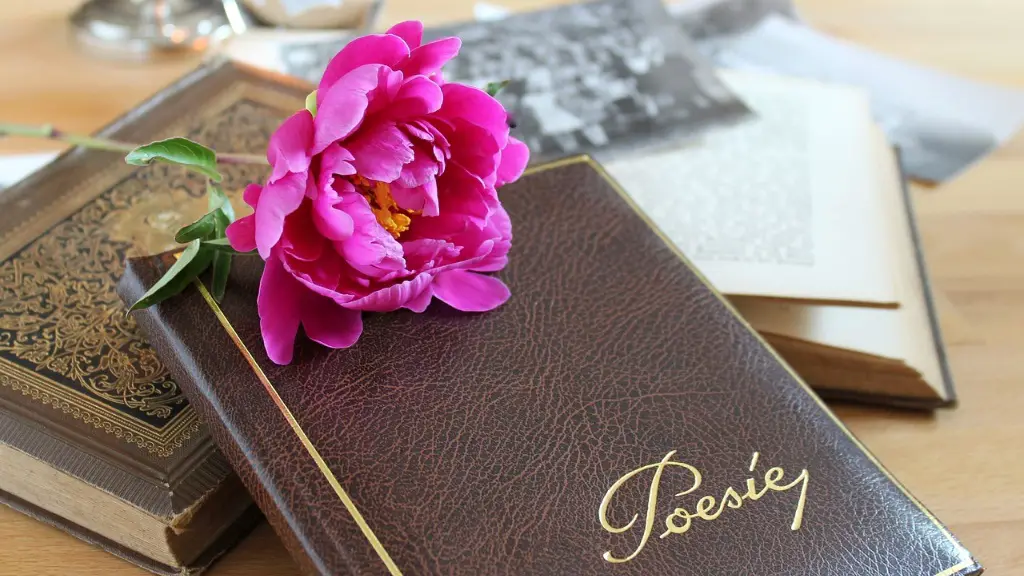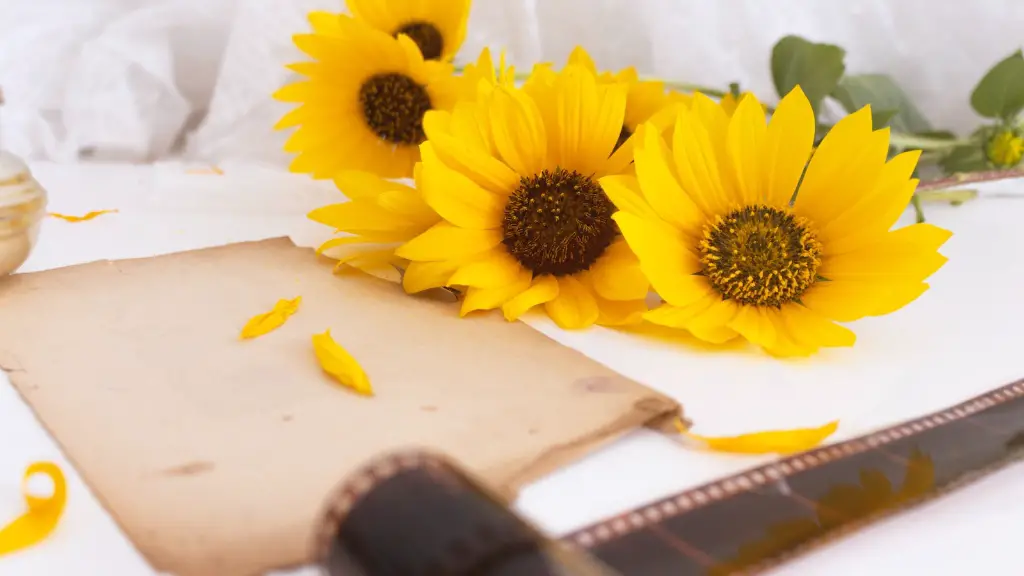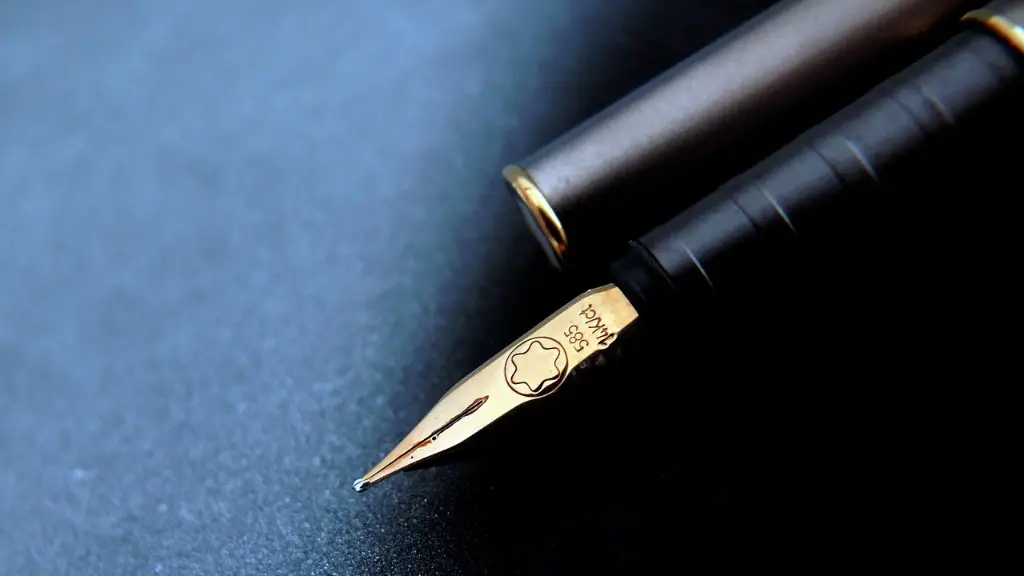What is poetry? It is a form of creative writing with a particular purpose, achieved through the use of vivid imaginations and skillful word usage. It is unique in its expansive range of forms, meters, and rhyme schemes. Poetry has been described as one of the most ancient forms of communication, expressing a multitude of emotions, thoughts and ideas. Though it is often used simply for the purpose of self-expression, poetry also allows one to open up one’s world to other people, creating a common language that can bring us together in understanding.
At its most basic, poetry is composed with words and lines organised in specific ways to create a deeper meaning than the words alone could express. It is made up of the pages of literature, with the addition of imagery and music. While its structure and architecture are important, its main aim is to convey a message: to evoke emotion, to explain, to comment on the world around us.
Poetry often acts as a bridge between what cannot be expressed in ordinary language. It is a way of conveying deep personal thoughts to a reader, and of capturing the beauty of everyday moments. By exploring the interplay between sounds, ideas, and the spaces between words, the poet invites contemplation from their audience. In times of sadness, poetry allows us to express our innermost feelings, but it can also be uplifting in moments of joy. As Shakespeare wrote: “The web of our life is of a mingled yarn, good and ill together.”
Experts have identified several elements that make up poetry, such as rhyme, metre, and sound patterns. Structure can be used to create a pattern or rhythm, and line length adds to the effect of the poem. Alliteration is another common technique, in which the first letter of several words is repeated to create a particular emotion. Poets also use literary devices such as metaphors, personification, and allegory to add beauty and meaning to their words. In addition to these techniques, poets also use language to evoke a certain audience or to convey a certain message; for instance, certain words or phrases can be used to create a sense of longing, or to emphasise an idea.
The use of poetic language can also be seen in everyday speech. Speechwriters draw on the same techniques to create powerful and effective speeches: their words are chosen for their specific meaning and to create an emotional response. Additionally, lyrics in songs often draw on the power of poetic language to convey a powerful message. From rap to folk, from jazz to country, poets use various forms to express a wide range of ideas and emotions. The power of poetry is endless.
History
Poetry has been with us since the dawn of civilization, and has been central to many cultures throughout the centuries. In ancient Greece and Rome, poetry was used as a vehicle to teach morality and share information. In medieval Europe, tales of knights and dragons were recounted in epic poems. In the Chinese tradition, the elements of nature and the seasons were used to illustrate the natural world.
The use of poetry continued in different ways during the Renaissance and the Enlightenment; in the Victorian era in England, Romantic poets such as Wordsworth and Coleridge wrote about topics such as nature and emotion, and in America, Walt Whitman and Emily Dickinson wrote about personal experience and the human soul.
In Asia and beyond, poetry has been used to express political and social ideas. In the 20th century, poets such as Pablo Neruda spoke on the horrors of war and revolution. Poetry has been used to express the outsider’s experience and to comment on civil rights and racial issues. It is often quoted by activists, politicians and other influential figures.
Today, poetry has become increasingly popular. Particularly in the age of social media, it has become an integral part of many people’s lives as a means of expressing themselves and engaging with the world around them. We can find a wide range of poems in different forms, ranging from traditional verse to rap and spoken word.
Analysis
Analysing poetry can be both difficult and rewarding. In their pursuit of a deeper understanding, readers can use different methods to uncover the layers of meaning in the text. At its core, the analysis of poetry must be based on an understanding of the basics of the poem: its form, structure, and content. Often, readers will focus on the rhythm, imagery, and tone that the poem evokes. In addition, readers must also consider context: who wrote the poem, and for what purpose? Additionally, cultural, political and social contexts must be taken into consideration when analysing a poem. For example, a poem about love written in a certain era may carry a different meaning than a poem about love written today.
Generally, a poem will contain several ideas and themes that the reader must seek to uncover. At times, it can be difficult to locate symbols or central themes, but with some effort and perseverance, a deeper level of understanding can be reached. In studying a poem, readers may look to other sources, such as biographies and interviews with poets, to gain further insight into the lyrics.
Conclusion
In short, poetry offers a unique way of expressing ideas and emotions. It has been a part of our lives for centuries and continues to be an integral part of our society today. Poetry uses language in powerful and creative ways and evokes strong emotions in its readers. It also allows us to see connections between different events and reflect on our own experiences. By examining the different elements of poetry and its wider context, we can gain a deeper understanding of its power and potential.
Applications
Poetry is not just confined to literature; it can be applied to other fields and mediums. Poetry can be used to create music, performances and art; it can be used to inspire deeper conversations and motivate change. In the classroom, poetry is used to engage children in creative forms of expression, helping them to develop their writing skills as well as their emotional literacy. Poetry can also be used in therapy to facilitate healing and growth, by allowing individuals to process their feelings in a safe environment.
In professional fields such as advertising and marketing, poetry can be used to engage customers and convey the company’s values. Poetry can be used in speeches, to create brand recognition and to give voice to a message. Social media campaigns can employ poetry to get their message across and to encourage users to share and engage with the content.
Tools
The internet has made it easier than ever to make use of poetry. There are many resources available that provide beginner guides to writing poetry and deeper analysis of the art form. There are also numerous platforms that encourage the sharing of poems and other creative forms of expression. So, whether one is an artist, a business leader, a student, or just someone looking to explore their creative side, they can find resources and platforms to help them in their journey.
Workshops
In addition to the online resources available, workshops offer a chance to learn more about poetry with the help of experienced instructors. Workshops often include activities such as brainstorming prompts, reading and writing exercises, and critical analysis. Participants can then use the workshops to explore their own writing and to develop the skills needed to create powerful and meaningful works. As such, workshops are a great way for beginners to engage with poetry and for more advanced poets to refine their craft.
Communities
The importance of community and collaboration in the field of poetry should not be underestimated. Participating in group readings and open mics can help to hone one’s writing skills, as well as build relationships with other poets. Communities also provide an opportunity for learning and growth: poets can learn from one another, exchange ideas, and give constructive feedback.
Poetry is an ancient art form, and its power is invaluable. It has been used throughout the centuries to connect people, share ideas and evoke powerful emotions. Its ability to challenge, inspire and unite us is why poetry continues to be as relevant today as it ever was. Whether one is a beginner or an experienced poet, they can find many resources to help them explore the world of poetry.
